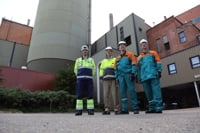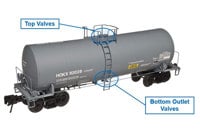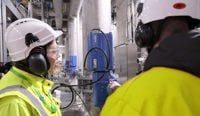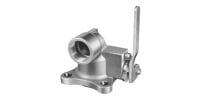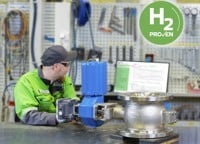Machine producing unique fully recyclable barrier board is up and running in Kotka
Did you know that thanks to a Finnish innovation you can drink your coffee from a disposable cup that doesn’t have a plastic coating on its inner surface? And, after finishing your coffee, you can toss the cup into the paper recycling.
Insights ● Customer story